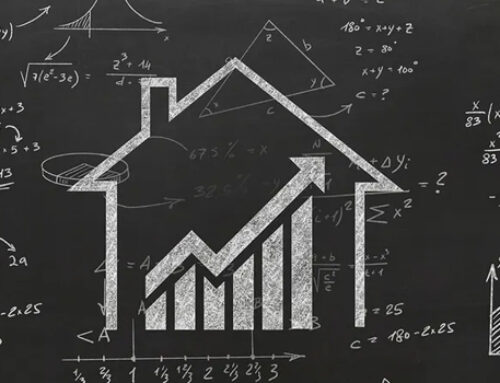Assessments are an important factor in any HOA, funding day-to-day operations, repairs and improvements, and the association’s reserves. When homeowners pay their assessments on time, it not only helps make the board members’ lives easier but also benefits the community as a whole.
On the other hand, when a homeowner defaults on their payments, the community is adversely affected. So, what exactly happens when a homeowner has a delinquent account, and how long does the HOA have to take action on that account? Join us below to discuss the process of collecting assessments and acting on delinquent accounts, including the relevant statute of limitations.
Creating a Lien
First and foremost, the association’s governing documents provide the HOA with the ability to levy assessments as well as charge late fees and interest, creating a lien on the property. This assessment lien is determined by the association’s declaration to secure payment of assessments and provides the HOA the right to acquire the property if debts remain unpaid.
When a homeowner signs the closing documents for their home, the owner is informed of the lien, agrees to pay assessments to the HOA, and acknowledges that the association has the power to take action in the case of non-payment. Not paying assessments affects everyone in the association along with incurring significant consequences. If a homeowner fails to pay assessments, the HOA can send their account to a debt collector and even foreclose on the lien in extreme cases.
When the HOA acts on the lien, the attorney files it with the county, deeming it public record. While the lien always exists, it is only publicized if the homeowner defaults on assessments and the HOA chooses to pursue action against it. After the lien is filed, the homeowner is liable for unpaid assessments, late fees or fines, attorneys’ fees, and interest. The owner is notified, and the lien is attached to the property title until the debts are paid in full, which impacts the property value and future sale.
However, the lien can be invalid if requirements and procedures in state law and the association’s governing documents are not followed, or if the statute of limitations is up.
Statute of Limitations
Taking action against non-payment of assessments is subject to a statute of limitations, which is the period of time in which legal action can be pursued from when the violation initially occurred. Statutes of limitations most commonly range from 3 to 6 years. For example, the statute of limitations for covenant enforcement in Texas is 4 years.
The statute of limitations is important because it determines the validity of the HOA’s enforcement of a lien, as the association must enforce the lien within the given time period or else it will no longer be enforceable by law. A best practice is to address violations as they happen so that the statute of limitations is not of concern.
Foreclosure
If the HOA is within the statute of limitations, and the homeowner does not rectify the debt, the HOA can pursue foreclosure on the lien in the case of delinquent assessments only, which excludes delinquent fines or fees alone. There are two types of foreclosure: judicial or non-judicial, which is the expedited option. To learn more about foreclosures, check out our article here (https://spectrumam.com/foreclosure-lien-hoa/).
After the lien is foreclosed on, the homeowner may be able to seek redemption in which they may be able to reacquire their home within a certain time period after receiving notice, which is generally 180 days in Texas. The owner must repay the debt to association in full, including any interest and attorneys’ fees.
Lean On Your Resources
While acting on the lien and even pursuing foreclosure are possible options to ratify a homeowner’s assessment debt to the association, they are neither fun nor easy.
The board should partner with their management company and attorney to determine the best course of action for HOA. A best practice is to create a consistent, standard billing policy (and establish it in the HOA’s CC&Rs) and communicate the policy with homeowners. It’s important to provide homeowners ample notice of any assessment violations and offer a payment plan to benefit all parties. The board could even offer an incentive to pay assessments, such as an early bird discount.
Additionally, homeowners should familiarize themselves with their association’s governing documents and state law, including the statute of limitations. If an owner has action taken against them for assessment collection, it’s important to consult an attorney familiar with HOA law and procedures to explore their options and ensure the lien is valid.
As always, here at SpectrumAM we’re happy to help you navigate the complexities of homeowners associations! Check out our knowledge base for more information regarding assessments, or for answers to any other questions you may have.







